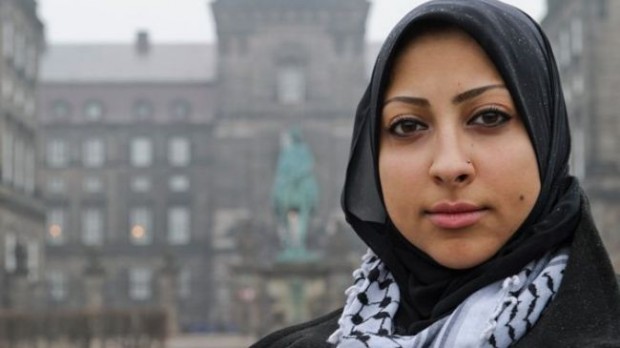Index relies entirely on the support of donors and readers to do its work.
Help us keep amplifying censored voices today.

As a human rights defender, I, Maryam Al-Khawaja, Director of Advocacy at the Gulf Center for Human Rights, have decided to boycott my court hearing on the 1 December 2014. During this hearing I am due to be sentenced on trumped up charges of assaulting two policewomen at the Bahrain International Airport. (Update: Al-Khawaja was sentenced to one year imprisonment on 1 December)
The decision to boycott the court was reached based on several grounds:
It has become evidently clear that it is not possible to have a fair and independent trial in Bahraini courts as they stand. The judicial system in Bahrain is highly flawed, and is overrun with egregious human rights violations which usually start during the arrest, and continue throughout what is supposed to be a legal process. I was personally subjected to numerous human rights violations since the moment of arriving in Bahrain and until I was able to leave the country as can be read in my testimony here.
There are medical reports about the injuries I sustained during the assault I was subjected to, for which I continue to need physiotherapy. My case was sped up, and quickly turned for sentencing with complete disregard to legal procedures.
The presiding judge, Mohammed Ali Alkhalifa, in the case brought against me is a member of the ruling family, and has been himself, as well as members of his family, identified previously during my advocacy campaigns as implicated in human rights violations. This makes his presiding over the case a clear case of conflict of interest given the personal grievances he may have against me. This judge in particular, it is important to note, has been involved in the sentencing of numerous human rights defenders including Nabeel Rajab and Naji Fateel in unfair trials.
During my imprisonment I met with the SIU, headed by Nawaf Hamza, to submit a complaint against the three policewomen and the first lieutenant who assaulted me at the airport. The prosecutor, Mohammed Al-Hazaa, rewrote my statement in his own words, attempting to implicate me in violations, and refused to correct what he had misquoted. This resulted in my refusal to sign the papers and filing of a complaint against the prosecutor. One day before the sentencing, namely on the 30th of November 2014, and due to almost daily follow up by my lawyer, the public prosecution notified him that the complaint case had been revoked. Despite my complaint about the assault since the beginning of my arrest, it was only one day before the sentencing that my lawyer was finally able to get a statement from the public prosecution that my complaint case had been revoked, at a time when the trumped up assault charges against myself were speedily processed and turned for sentencing.
During the interrogation I was subjected to, I was refused access to my lawyer by the prosecutor dealing with my case. During my imprisonment my lawyer was not given any visits, nor was the Danish embassy. The way that the public prosecution deals with politically motivated cases is it uses all aspects of the government to provide impunity for the perpetrators of violations.
Based on the reasons stated above, I find any and all cooperation with the court or attendance of the hearings by myself as a problematic legitimisation of an unfair and biased court. Therefore I have decided to boycott the hearings, and have asked my lawyer to do the same.
It is important to note here, if I, as a human rights defender, whose case receives international media and diplomatic attention is handled in this way; it is gravely concerning how cases not receiving attention are handled by the authorities in Bahrain.
Maryam Al-Khawaja
Director of Advocacy
Gulf Center for Human Rights
30th November 2014